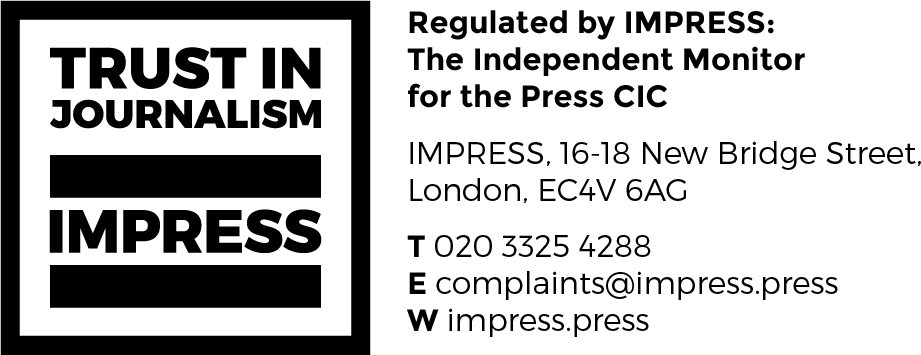Thomas Kelly

Associate – Clyde & Co
T: +44 (0) 20 7876 4730
What sort of clients do you advise?
I usually act for the yards building superyachts during construction, or in any disputes during the warranty period. I have however acted for owners too in warranty claims. In the wider shipbuilding market, I have acted for banks behind refund guarantees.
How did you end up in superyacht law?
I’ve worked in shipbuilding law since I qualified for some of the world’s biggest yards on the commercial side, and most of the areas for dispute and the legal principles apply to the yacht sector as well. I became involved in one dispute for a yard building a yacht a few years ago, and then got increasingly involved on the yacht side, advising on more projects and getting more involved in the industry and the industry events, which tend to be impressive!
What makes a good superyacht lawyer?
Being adaptable and practical. Superyacht buyers and their representatives tend to be some of the most demanding in any industry, and have extremely high standards that have to be met. However, there is generally much more of a base that the buyer does want to take delivery of the completed yacht. A yacht is a big project and much more personal than commercial shipbuilding, so a buyer is much less likely (finances allowing) to want to cut off a contract than a commercial buyer.
That means that in general disputes in the superyacht industry are more about avoiding conflict and ensuring that the project is delivered successfully than an all-out war, while still making sure that your client gets a good result. The lawyer’s role in this is to stand up for their client and find the strong points of a contract from which to exert pressure, but ultimately not to become lost in that and damage the project as a whole. It is a much more balanced role than a pure litigation approach that works in other areas of shipbuilding and the marine industry and requires a much more common sense, flexible approach, while still being willing to pick your ground for a fight if necessary.
What do you most like about your job?
I’ve always done a lot of sailing, since I was very young, and so appreciate the yachts being built aside from any professional viewpoint. I really enjoy having the opportunity to work with and for those in the industry where my personal and professional interests combine. I also enjoy the work itself. Superyacht contracts and the projects themselves tend to be unique, which creates its own unique challenges when any disagreement arises. Finally, there is the networking, event and party side, which is a level above most other industries. Quite a few yacht managers or builders have told me they are all but addicted to superyacht events around the world!
What one piece of advice would you give to potential yacht buyers?
Work with the yard. I’ve seen too many projects where the buyer’s representatives see their role as knocking money off the price and giving the builder a hard time on deadlines, building technique and inspections, instead of trying to build a good working relationship. All that happens is that both sides spend time dealing with complaints against the other, and attention is diverted from the project. It creates a very bad atmosphere and means that any requests or changes by the buyer are likely to be treated much less sympathetically than if the representatives had simply ensured a good working relationship with the yard. Building a yacht is very much a partnership, and if a buyer remembers that, it is likely to go much more smoothly.

